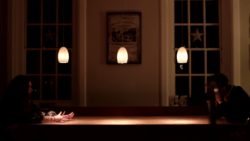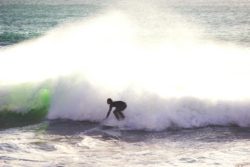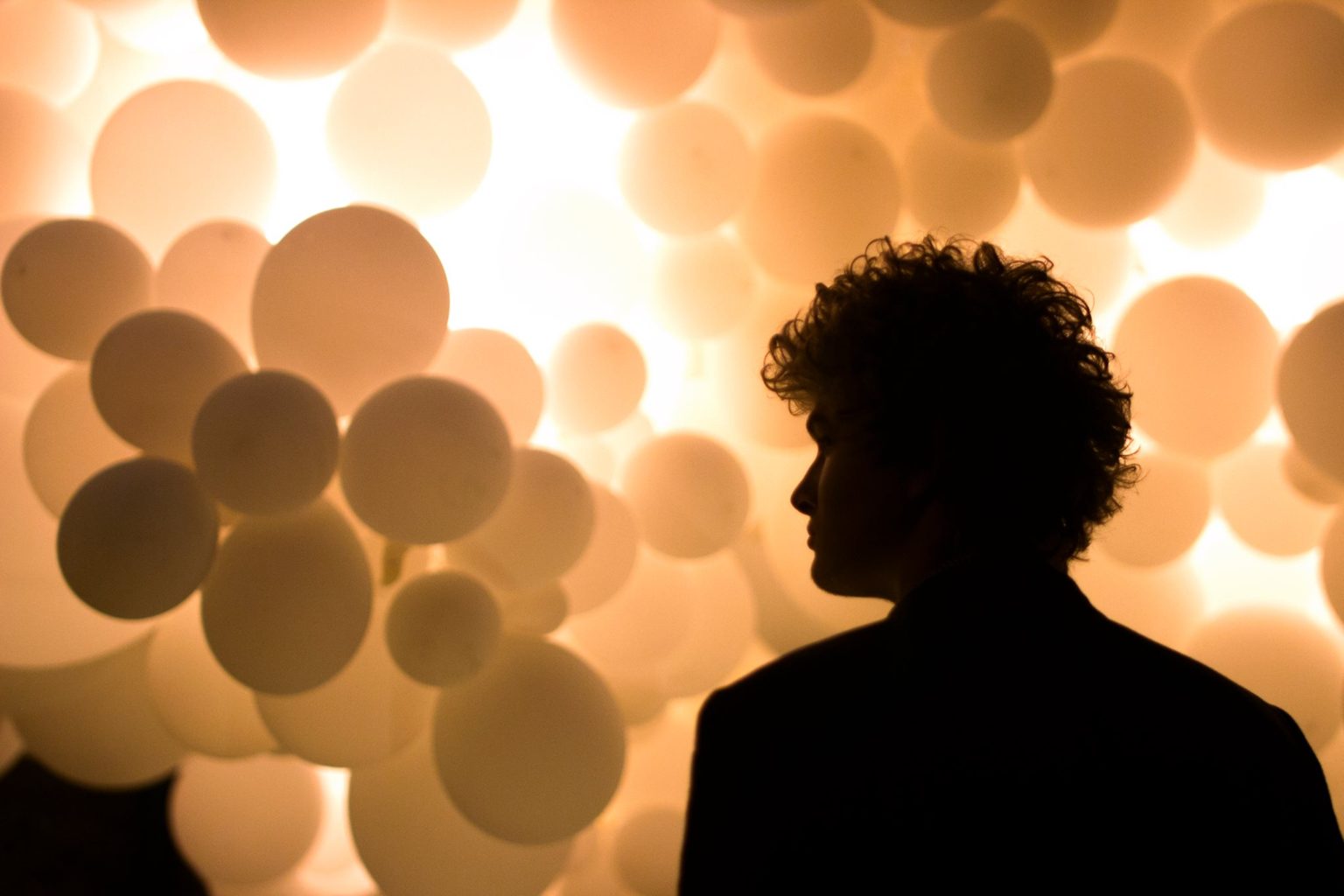Existentialism and surfing: In conversation with student filmmaker Ben Meads
When asked about his creative process, budding filmmaker Ben meads replies, “my mind is like a Chrome browser, but with a thousand tabs open”. In person, it is easy to see why, with his frenetic energy and warp-speed of talking. “I have an idea but then I will build something into that idea which can also work as a separate idea.” Reinforcing this branching mindmap effect, Ben is quick to add that his characters are transmigrational. “The characters that exist in one film are also present in another film, as they all exist in the same universe.”
However, the streamlined presentation of his company’s website, Little Microcosms, easily matches the sleekness of Chrome. Operating as a collective, it is comprised of young filmmakers releasing their projects under the Little Microcosms umbrella. Fittingly, the concept of microcosms is a source of inspiration for Ben’s work. “The idea of microcosms is that everything I create can exist on a broader scale.” He elaborates on the term “microcosm”: “for instance, the human form is a microcosm of the universe because it is built out of the same materials. In a film, a character’s internal psyche is collected and presented to us, allowing us (the viewer) to integrate and experience that.”
Ben is inspired by everything he sees around him. Citing “the idiosyncratic algorithms of life” and the “construction of reality” as other sources of inspiration, Ben is as poetic as he is enigmatic. Asked to pinpoint where he derives his inspiration from, abstract ideas or everyday imagery, he answers by weaving both into a single phrase. “I feel that abstract concepts like existentialism hide in the imagery of everyday life; you can look around people and feel it.”

Still from Disconnection: Ben Meads
Ben’s first fully independent film, Disconnection (2015), was screened at the 2016 National Student Film Festival in London. Creating the film was a way of dealing with a period of transition in his life. “At the time, college was just finishing and everyone was wondering what to do next – do you go to university? At that stage, everyone is experiencing uncertainty. You look at yourself, wondering what you will do next.” He asks if I have seen Sliding Doors (1998). In the film, a woman is in the present but when she gets on the train, there are two different narratives – Disconnection is based on a similar idea. “It is about the breakup of two people’s relationship in the present but it goes back in the past, further and further, unravelling the story of how they met. You can see how one single interaction between them on the street in the past completely shaped how they are in the present.” The nonlinear structure of ‘Disconnection’ is loosely based on Christopher Nolan’s ‘Memento’ (2000). “With Memento, it is about distinguishing between the objective and the subjective. Two passages of time exist simultaneously, like in Sliding Doors, but you don’t know which one is real. Disconnection starts off in the present with the characters in their current state, and then, as the film progresses, the viewer retrogressively goes back through the characters’ minds, up to the moment where they met, before returning to the future.” The lack of dialogue in Disconnection was a stylistic decision: Ben strongly believes that visuals speak louder than words.
He describes his more recent work as “more expansive and exploratory”. His latest film, Expect the Void (2016), resembles a ‘collective mind’. “You’re seeing memories, dreams and the passage of time,” Ben explains. Exploring the idea of “existence before (the presence of) a conscious mind” has always been of particular interest to Ben. “I feel like I’m always fundamentally looking at us as biological beings. The concept of existentialism is always present.” He points out that many films are similar – the narrative ultimately explores who we are as humans. For Ben, Expect the Void is ‘a fractured mind’. Within that mind exists a microcosm of the world we have fractured, which is a microcosm of the universe, illustrating that, ultimately, “we are just a small fragment of a collective structure.”

Still from Little Microcosms website: Ben Meads
When he is not making films, Ben is often found surfing, which he treats as “an escape”. “It is just yourself with a body of water.” On a deeper level, surfing resonates with Ben as he finds the “drives” of professional surfers inspirational. In his upcoming film, Ben combines surfing with another favourite pastime, travelling. Acknowledging that there is “a very set layout of how surf films should be”, Ben’s new film is better described as a travel film. A video collage depicting the places he has visited in the last few years, Ben has edited collections of footage from Cornwall, Devon, Morocco and France. Next year, Ben will travel to Australia and Malaysia, where he aims to spend most of his time writing scripts for future projects.
Speaking of future endeavours, this summer, along with other young filmmakers, he will shoot a film in partnership with the British Film Institute (BFI), Kodak, Raindance and Channel 4, starting in London and travelling to Budapest. Any further details of this project remain a mystery; Ben, along with the other participants will receive the brief at the start of the programme. As for long term plans, Ben reveals that he has been working on his first feature film, which he hopes to release in the next five years.

Comments